Far-right populist Geert Wilders is on track for a landslide victory in parliamentary elections on November 22, giving him the chance to lead talks to form a new governing coalition and potentially become the country's first far-right prime minister at a time of political upheaval across the continent.
The exit poll, published by state broadcaster NOS after the general election, showed Mr Wilders' Party for Freedom (PVV) would win 35 seats in the 150-seat lower house of parliament, more than double the 17 seats he won in the last election.
The Ipsos poll is generally accurate, with a margin of error of at most three seats. The final official results will be announced on November 23.
The election was called after outgoing Prime Minister Mark Rutte's fourth and final coalition resigned in July following disagreements over measures to restrict migration.
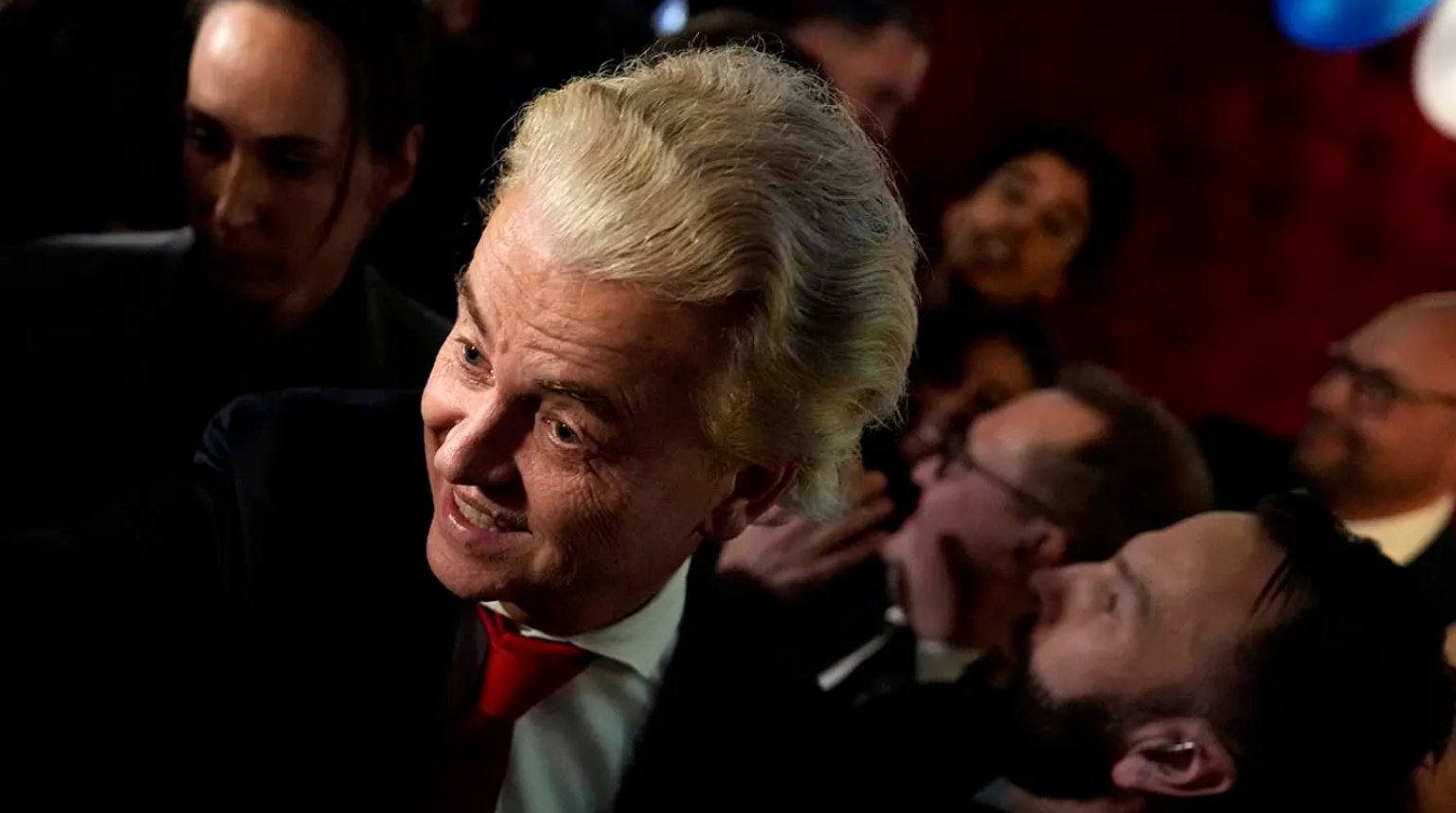
PVV leader Geert Wilders smiles after the first preliminary results of the general election were announced, in The Hague, Netherlands, on November 22, 2023. With his dyed blond hair, the anti-Islam populist has become one of the most recognizable figures on the global far right. Photo: Fox News
Mr Rutte has announced his retirement from politics, and Dilan Yeşilgöz-Zegerius, a native of Türkiye, has replaced him as leader of the liberal-conservative People's Party for Freedom and Democracy (VVD). In the recent general election, the VVD is expected to come third with 24 seats.
The general election was once called a “race of nerves”, with Ms. Yeşilgöz-Zegerius initially predicted to become the first female Prime Minister of the “land of windmills”, but in the end, Mr. Wilders easily defeated all opponents.
Mr Wilders' victory brings another "earthquake" to European politics a year after far-right populists took power in Italy.
The result is the latest in a series of elections that are changing the political landscape in Europe. From Slovakia and Spain to Germany and Poland, populist and far-right parties have won in some EU member states and faltered in others.
Difficulties ahead
“I had to pinch my arm,” Mr Wilders said with glee after the exit polls were released. The 60-year-old campaigned on calls for a referendum on the Netherlands’ exit from the European Union, a complete halt to asylum seekers and a push back of migrants at the Dutch border.
He also supports the “de-Islamisation” of the Netherlands, although he has been more moderate on Islam in this election campaign than in the past. “The Dutch will be number one again,” Mr Wilders added. “The people must take back their country.”
The far-right politician has also repeatedly said that the Netherlands should stop supplying weapons to Ukraine because the Netherlands itself needs weapons to defend itself.
But Mr Wilders, who has been dubbed the “Dutch version of Donald Trump”, will have to form a coalition government before he can take power and become prime minister.

Post-election poll results in the Netherlands, November 22, 2023. Graphics: Bloomberg
A difficult road lies ahead as mainstream parties are reluctant to ally with Mr Wilders and his PVV. But his landslide election victory has given him a stronger hand in any negotiations.
“I am confident we can reach an agreement,” Mr Wilders said in his victory speech. “I understand very clearly that we should not take any unconstitutional measures.”
New Social Contract (NSC) party leader Pieter Omtzigt, a former centrist Christian Democrat (CD) member who won around 20 seats, said he would always be open to negotiations.
The second-placed party in the general election, the Left Alliance (a coalition of the centre-left Labour Party and the left-wing Green Party), is predicted to win 26 seats. But the Left Alliance's leader, Frans Timmermans, the former EU climate commissioner, has made it clear that it will never enter into a coalition with parties as hawkish on refugees as the PVV.
Softer
The historic victory in the Netherlands comes a year after the victory of Italian Prime Minister Giorgia Meloni, leader of the ultra-conservative Brothers of Italy (FdI), who has since changed her stance on a number of issues and become the accepted face of the EU’s hard right.
Mr Wilders is world-famous for his anti-Islam political views and was convicted of discrimination by a Dutch judge after he insulted Moroccans at a 2014 election rally.
French far-right leader Marine Le Pen, who has twice come close to reaching the top of the Elysee Palace, praised Mr Wilders and his PVV party “for their spectacular performance in the legislative elections, confirming their growing attachment to the defence of national identity”.
“It is precisely because there are people who refuse to see the torch of nationalism extinguished that hope for change still exists in Europe,” said Ms. Le Pen.
Hungarian Prime Minister Viktor Orban, who has similarly harsh views on migration and EU institutions, was quick to congratulate Mr Wilders. “The winds of change are here! Congratulations,” Mr Orban said.
Despite his harsh rhetoric, Mr Wilders has appealed to other right-wing and centrist parties by declaring that whatever he does, “it will be within the law and the constitution”.
In the final weeks of the campaign, Mr Wilders softened his stance somewhat, pledging to be Prime Minister for all the Dutch people. He even acquired a new nickname, Geert “Milders” (softer) .
Minh Duc (According to AP, Bloomberg, iNews)
Source








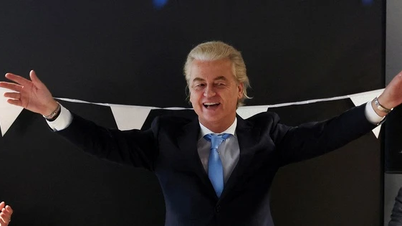

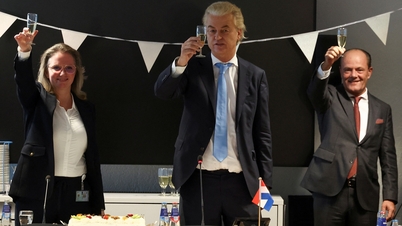

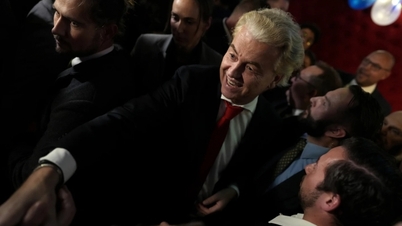
























































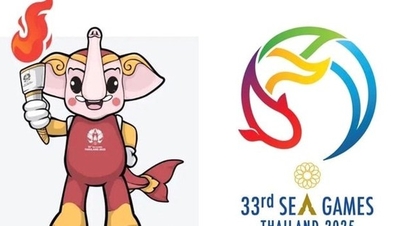


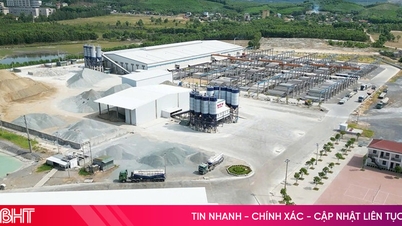





















Comment (0)